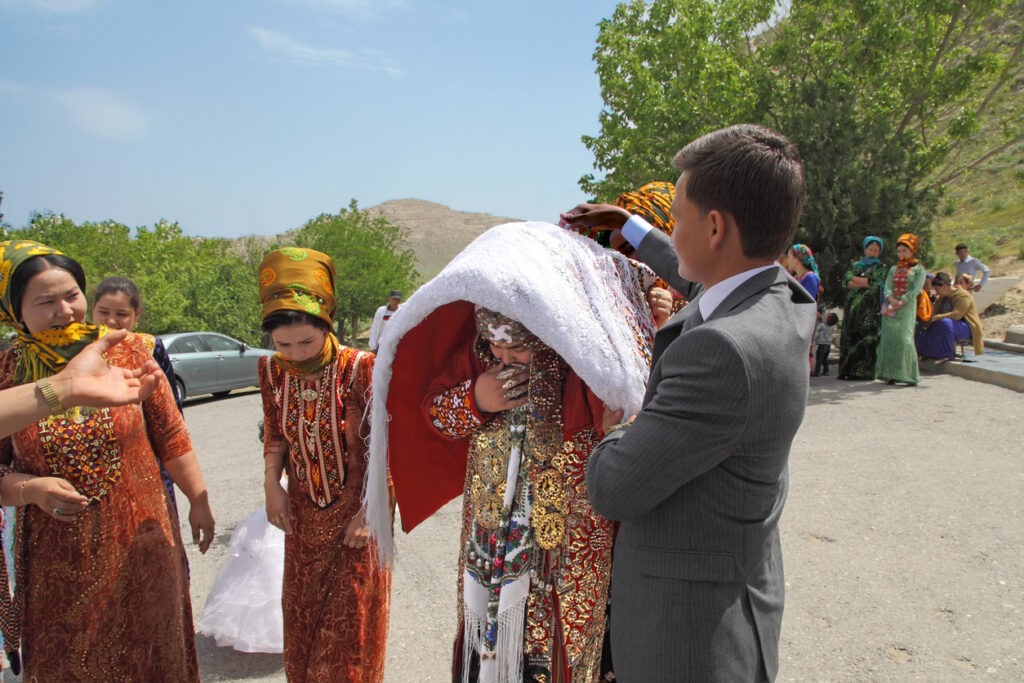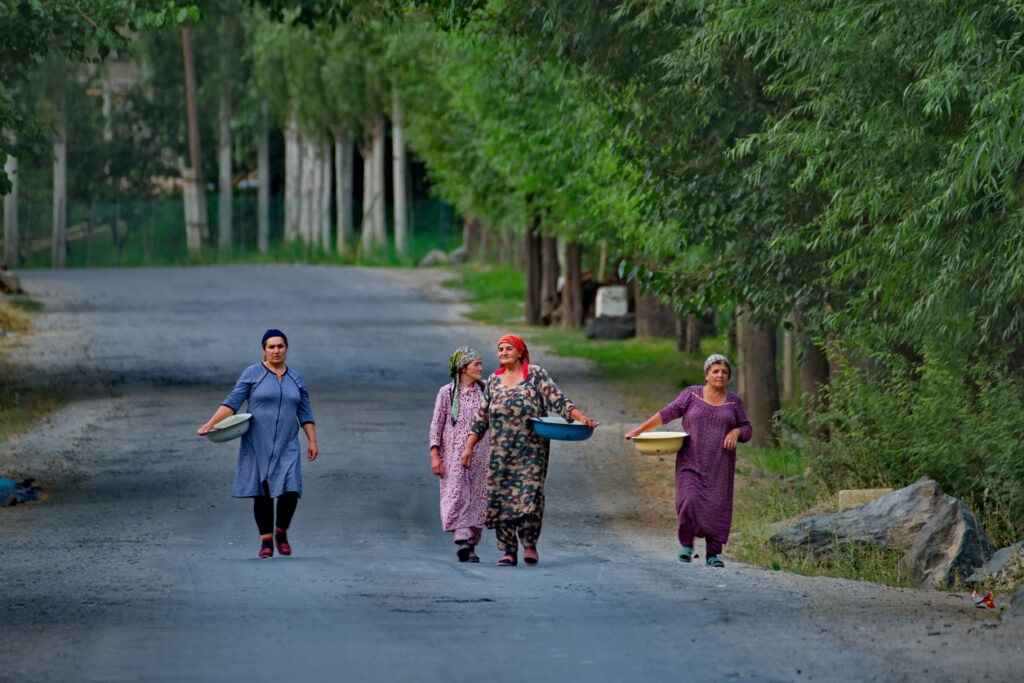Feminists in Kazakhstan Under Pressure Ahead of International Women’s Day
On March 8, the world marks the annual International Women’s Day, and in Kazakhstan’s commercial capital, Almaty, the authorities are again working to prevent public gatherings sponsored by feminist or LGBT groups. Since early February, several members of the feminist group, Feminita, have been detained in Almaty. Preemptive Measures Late March 3, an Almaty court sentenced Aktorgyn Akkenzhebalasy of the feminist group Feminita to ten days in jail after finding her guilty of violating the law on organization of peaceful assemblies. The charge dated back to May 2024, when six members of Feminita held an unsanctioned march in downtown Almaty, demanding a life sentence for former Minister of National Economy Kuandyk Bishimbayev. Bishimbayev beat his wife to death in a private room in an Almaty restaurant in November 2023. His trial from March to May 2024 was broadcast over television and widely watched by the public in Kazakhstan. Akkenzhebalasy was not the only Feminita activist to be jailed for participating in the May 2024 march. On February 28, Feminita co-founder Zhanar Sekerbayeva was jailed for ten days, meaning she would not be freed from jail until March 10, two days after International Women’s Day. Sekerbayeva and another Feminita co-founder, Gulzada Serzhan, were detained on February 13 after Bagila Baltabayeva, the leader of a group called Kazakhstan’s Union of Parents, and several other women burst into a Feminita meeting. Baltabayeva is also the author of a widely circulated petition against LGBT propaganda. Feminita activists said Baltabayeva called the police and complained that participants in the meeting were corrupting minors and had no permission to conduct their meeting. Kazakh independent media outlet Vlast cited witnesses as saying Baltabayeva also struck Akkenzhebalasy. All 25 of the Feminita members at the meeting were detained but quickly released except Sekerbayeva and Serzhan, who were kept at the police station for several hours and eventually charged with conducting public activities of an unregistered social organization. Baltabayeva and those who accompanied her to disrupt the meeting were not detained. On February 14, Feminita tried to have another meeting, but a group of women from the charity fund Rahym interrupted, calling the Feminita activists “foreign agents” and demanding they “get out!“ Again, police questioned the Feminita activists but not the Rahym members who burst into the meeting. On February 19, an Almaty court found Sekerbayeva and Serzhan guilty of holding a meeting of an unregistered organization and were each fined 393,000 tenge (about $1,500). The Kazakhstan International Bureau for Human Rights and Rule of Law released a statement noting Feminita had tried repeatedly to register with authorities but was always rejected. The statement also mentioned that Feminita activists had been attacked during meetings in other cities in Kazakhstan and that “All this happened with complete inaction or direct connivance of the police against the aggressors.” Women’s Day vs Women’s Rights There are no reports indicating that the authorities in Almaty, or officials in any other city in Kazakhstan, have approved any requests from feminist groups to conduct public...






